Hoisted on our own petard
Sunday, 31.08.2008.
22:47

Hoisted on our own petard Even the language which Russian President Medvedev used to justify his country's actions in Georgia were lifted almost verbatim from Western statements over Kosovo: to stop ethnic cleansing; end violence directed against civilians; and in reaction to a government blatantly violating the human rights of its citizens. His recitation of seventeen years of efforts to bring about a peaceful solution acceptable to all parties was taken from US/NATO/EU press briefings over the Kosovo situation. Western political leaders have endlessly repeated the mantra that the Kosovo case was "unique." They really believe this is the case. Just as the famous definition of "beauty," however, this is very much in the eye of the beholder. In other words, one country's definition of unique may be another's precedent. There are similarities in the two situations: -There are existing UN Security Council Resolutions, which specifically recognize the sovereignty within recognized international borders of both Georgia (including the two breakaway areas) and Serbia as the successor to Yugoslavia (including Kosovo). This was ignored by the West in the case of Kosovo and subsequently by Russia in the case of Georgia. -Unilateral Declarations of Independence by the breakaway regions of Georgia and the former Province of Kosovo were recognized by Russia in the former case and by Western countries in the latter despite the lack of any supporting UN Resolutions or actions and over the vigorous objections of the country involved. -The Ossetians, the Abkhaz, the Georgians, the Serbs, and the Albanians have had their separate identities for centuries and have struggled to maintain their identity in the face of changing political environments. -Military and police action by the countries involved (Georgia and Milosevic-controlled Yugoslavia) against the region/area were used to justify outside intervention. In both cases the ethnic Serbs and ethnic Georgians felt passionately that they were the victims of orchestrated provocations by the other ethnic groups, supported by outside forces and that the military/police steps taken by their governments were legitimate and fully justified. While Western leaders will be quick to point out what they view are profound differences between these cases (and also point out the brutal crushing by Russia of the attempted independence of Chechnya located in the middle of Russia as an example of a cynical Russian double standard), the reality is that the Kosovo case has opened the door for what has now followed. We are, at least to some extent, "hoisted on our petard," as the English would say. What should concern Western policymakers even more, however, is not Russia's recognition of these two breakaway regions, but the way it was done and the timing. By its invasion of Georgia proper; its refusal to withdraw all of its military forces from that country; and its abrupt decision on recognition in the midst of the ongoing conflict, Russia is demonstrating a lack of concern over the consequences of its actions on its relationships with the West. It is announcing to the World and particularly to the countries in what it calls its "Near Abroad," that Russia is once again a formidable power ready, willing and able to use its military force of defense of what it - not the West - sees as its national security interests. This is dangerous because the Russian and Western perceptions of NATO are radically at odds with each other. We in the West have always seen NATO as a strictly defensive organization harboring no ill intentions towards Russia. Russia, however, views it as an aggressive military force, which has been the primary threat to its national security for more than half a century. Both sides have been guided over the past two decades by their own perceptions and have taken no account whatsoever of the other's point of view. Until now, this has led only to rising Russian frustration and nationalism, as Russia was too weak to challenge NATO advances into its region. That is no longer the case. Russia is now waiting to see particularly how the Europeans will respond to its moves in Georgia. It believes it has little to lose and a lot to gain. If the European Union and the European members of NATO come up with a united, decisive approach with some teeth, Russia can gracefully agree to pull back its forces from Georgia itself as a gesture of good will and consolidate its gains - having made its point about the implications of recognizing Kosovo Independence over its objections and challenging its sphere of influence. But under Russia's best-case scenario, the Europeans will be unable to decide what to do and significant wedges will be built between NATO members. It will become a weaker and less cohesive organization. Russia's worsening relationship with the West also presents Serbia with an increasing dilemma. It is standing with one foot firmly planted on each side of a steadily widening gap between Russia and the West. On the one hand, logically Serbia should be strongly critical of Russia's actions in Georgia and its recognition of unilateral declarations of independence by breakaway regions. It is exactly the Serbian complaint over Kosovo. Moreover, while they may differ on what actions to take in response to Russia's actions, virtually every member of the European Union is united in its criticism and unease over the Georgian situation. Serbia's ambivalence is out of sync with its future EU partners. On the other hand, Russia has been the strongest supporter of Serbia's position on Kosovo and the Serbian government would not want to endanger that support by antagonizing Russia. Moreover, both the Radical Party and the DSS of Vojislav Kostunica have both come out strongly in favor of the Russian action. Kostunica's statement is actually worth noting: "Serbia should bear in mind two important factors-the need to respect the norms of international law and to develop the closest possible relations with Russia, which has supported Serbia in the defense of Kosovo the whole time." The result of the above is that Serbia has maintained an increasingly difficult balancing act. As Russia's relationships with the West continue to deteriorate, that will become harder and harder to maintain. In the meantime, it has already had the collateral effect of widening the gap regionally between Serbia and its neighbors. Dmitry Medvedev, Sergei Bagapsh, Eduard Kokoity (Beta) The official recognition by Russia of the Independence of the breakaway regions of South Ossetia and Abkhazia was a foregone conclusion. It was triggered by the Western recognition of Kosovo over Russia's strong protests and warnings that it was setting a precedent, which would have serious repercussions. William Montgomery "Russia's worsening relationship with the West also presents Serbia with an increasing dilemma. It is standing with one foot firmly planted on each side of a steadily widening gap between Russia and the West."
Hoisted on our own petard
Even the language which Russian President Medvedev used to justify his country's actions in Georgia were lifted almost verbatim from Western statements over Kosovo: to stop ethnic cleansing; end violence directed against civilians; and in reaction to a government blatantly violating the human rights of its citizens.His recitation of seventeen years of efforts to bring about a peaceful solution acceptable to all parties was taken from US/NATO/EU press briefings over the Kosovo situation.
Western political leaders have endlessly repeated the mantra that the Kosovo case was "unique." They really believe this is the case. Just as the famous definition of "beauty," however, this is very much in the eye of the beholder. In other words, one country's definition of unique may be another's precedent. There are similarities in the two situations:
-There are existing UN Security Council Resolutions, which specifically recognize the sovereignty within recognized international borders of both Georgia (including the two breakaway areas) and Serbia as the successor to Yugoslavia (including Kosovo). This was ignored by the West in the case of Kosovo and subsequently by Russia in the case of Georgia.
-Unilateral Declarations of Independence by the breakaway regions of Georgia and the former Province of Kosovo were recognized by Russia in the former case and by Western countries in the latter despite the lack of any supporting UN Resolutions or actions and over the vigorous objections of the country involved.
-The Ossetians, the Abkhaz, the Georgians, the Serbs, and the Albanians have had their separate identities for centuries and have struggled to maintain their identity in the face of changing political environments.
-Military and police action by the countries involved (Georgia and Milošević-controlled Yugoslavia) against the region/area were used to justify outside intervention. In both cases the ethnic Serbs and ethnic Georgians felt passionately that they were the victims of orchestrated provocations by the other ethnic groups, supported by outside forces and that the military/police steps taken by their governments were legitimate and fully justified.
While Western leaders will be quick to point out what they view are profound differences between these cases (and also point out the brutal crushing by Russia of the attempted independence of Chechnya located in the middle of Russia as an example of a cynical Russian double standard), the reality is that the Kosovo case has opened the door for what has now followed. We are, at least to some extent, "hoisted on our petard," as the English would say.
What should concern Western policymakers even more, however, is not Russia's recognition of these two breakaway regions, but the way it was done and the timing. By its invasion of Georgia proper; its refusal to withdraw all of its military forces from that country; and its abrupt decision on recognition in the midst of the ongoing conflict, Russia is demonstrating a lack of concern over the consequences of its actions on its relationships with the West.
It is announcing to the World and particularly to the countries in what it calls its "Near Abroad," that Russia is once again a formidable power ready, willing and able to use its military force of defense of what it - not the West - sees as its national security interests.
This is dangerous because the Russian and Western perceptions of NATO are radically at odds with each other. We in the West have always seen NATO as a strictly defensive organization harboring no ill intentions towards Russia. Russia, however, views it as an aggressive military force, which has been the primary threat to its national security for more than half a century.
Both sides have been guided over the past two decades by their own perceptions and have taken no account whatsoever of the other's point of view. Until now, this has led only to rising Russian frustration and nationalism, as Russia was too weak to challenge NATO advances into its region. That is no longer the case.
Russia is now waiting to see particularly how the Europeans will respond to its moves in Georgia. It believes it has little to lose and a lot to gain. If the European Union and the European members of NATO come up with a united, decisive approach with some teeth, Russia can gracefully agree to pull back its forces from Georgia itself as a gesture of good will and consolidate its gains - having made its point about the implications of recognizing Kosovo Independence over its objections and challenging its sphere of influence. But under Russia's best-case scenario, the Europeans will be unable to decide what to do and significant wedges will be built between NATO members. It will become a weaker and less cohesive organization.
Russia's worsening relationship with the West also presents Serbia with an increasing dilemma. It is standing with one foot firmly planted on each side of a steadily widening gap between Russia and the West. On the one hand, logically Serbia should be strongly critical of Russia's actions in Georgia and its recognition of unilateral declarations of independence by breakaway regions. It is exactly the Serbian complaint over Kosovo. Moreover, while they may differ on what actions to take in response to Russia's actions, virtually every member of the European Union is united in its criticism and unease over the Georgian situation. Serbia's ambivalence is out of sync with its future EU partners.
On the other hand, Russia has been the strongest supporter of Serbia's position on Kosovo and the Serbian government would not want to endanger that support by antagonizing Russia. Moreover, both the Radical Party and the DSS of Vojislav Koštunica have both come out strongly in favor of the Russian action. Koštunica's statement is actually worth noting: "Serbia should bear in mind two important factors-the need to respect the norms of international law and to develop the closest possible relations with Russia, which has supported Serbia in the defense of Kosovo the whole time."
The result of the above is that Serbia has maintained an increasingly difficult balancing act. As Russia's relationships with the West continue to deteriorate, that will become harder and harder to maintain. In the meantime, it has already had the collateral effect of widening the gap regionally between Serbia and its neighbors.













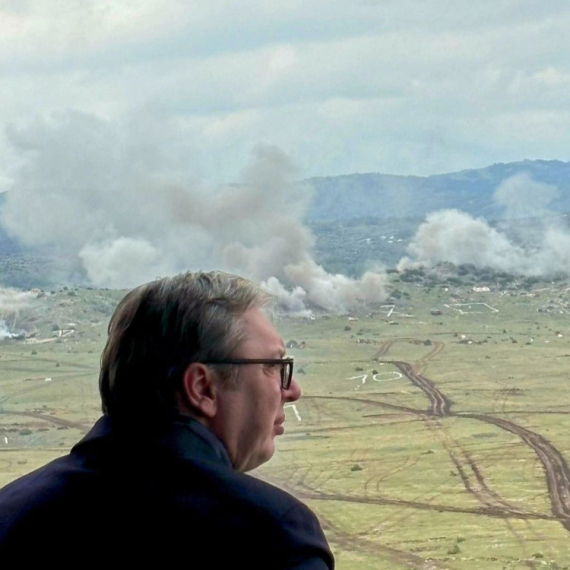
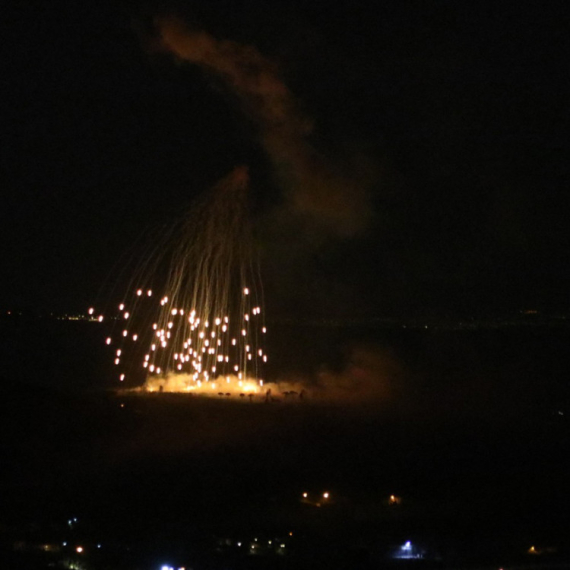
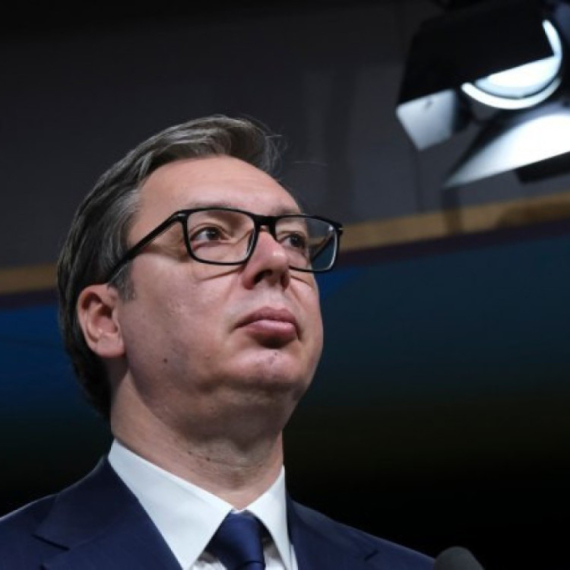
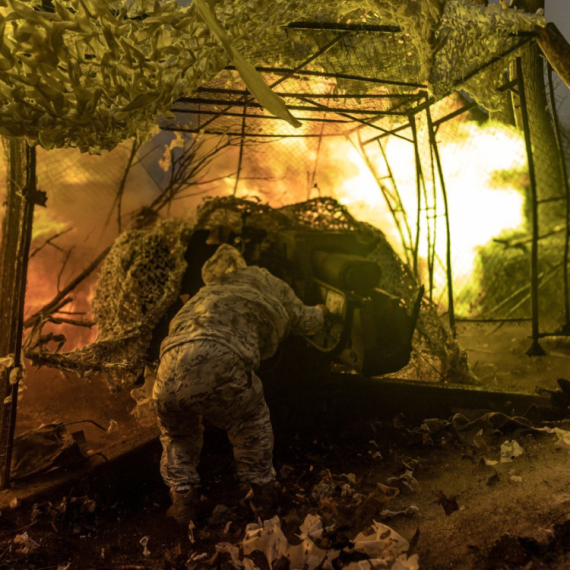

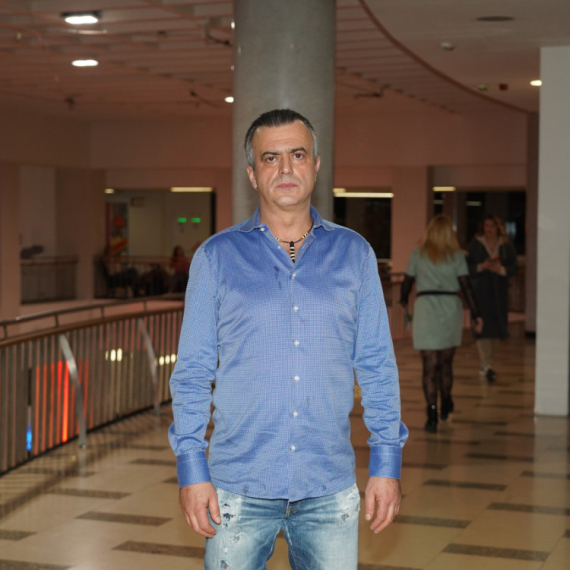


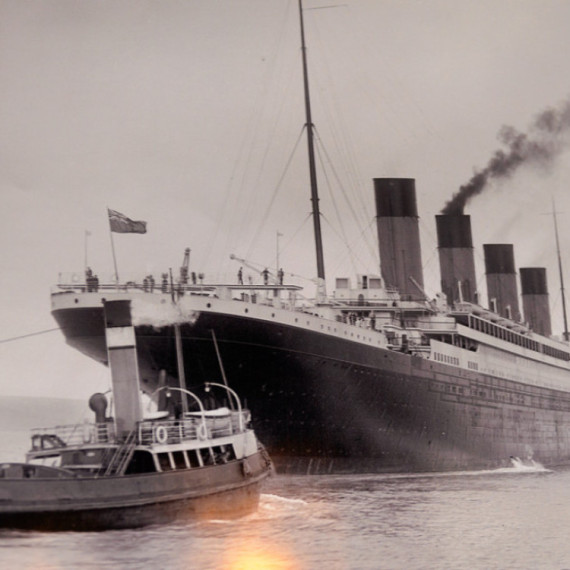



































Komentari 15
Pogledaj komentare